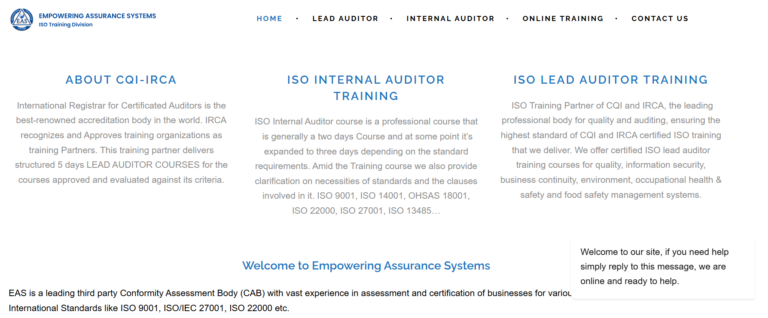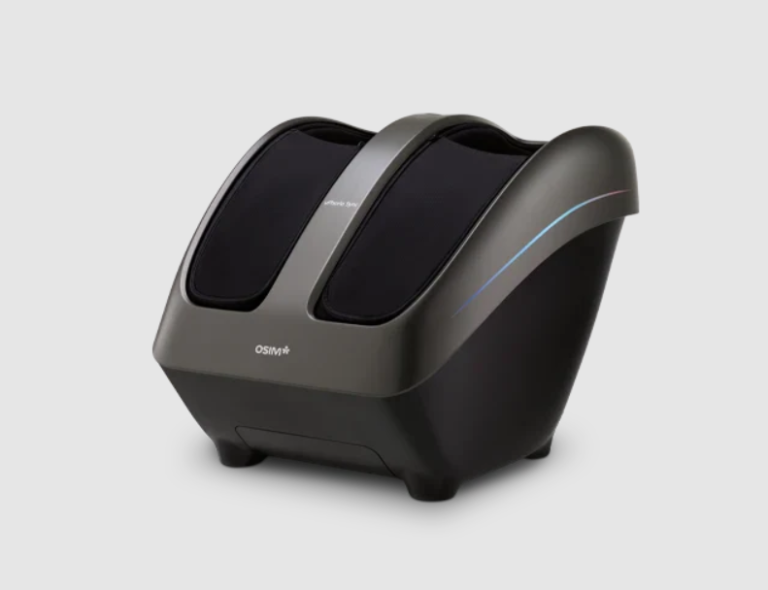In 2025, as businesses rapidly embrace automation and intelligent systems, the demand for AI agent engineers has surged like never before. These specialized professionals design, build, and deploy intelligent agents capable of learning, reasoning, and making autonomous decisions. Whether it’s automating workflows, enhancing customer experiences, or optimizing large-scale enterprise operations, hiring skilled AI agent engineers can redefine how your business functions.
However, finding and hiring the right AI agent engineer requires more than just looking at technical qualifications. It’s about understanding your project goals, aligning expectations, evaluating capabilities, and creating a collaborative environment where AI innovation thrives. This guide provides a comprehensive roadmap to help you hire AI agent engineers for your next project — efficiently, strategically, and with confidence.
Understanding the Role of an AI Agent Engineer
Before beginning the hiring process, it’s crucial to understand what an AI agent engineer does. These professionals are responsible for developing intelligent systems that can perform tasks autonomously using data, algorithms, and real-time learning. They combine knowledge of artificial intelligence, software engineering, and data science to build agentic systems that interact with humans or other systems intelligently.
Their work typically involves designing agent architectures, developing reasoning and decision-making algorithms, integrating natural language processing (NLP) capabilities, and implementing reinforcement learning models. In an enterprise setting, they help automate repetitive processes, improve data-driven decision-making, and enable self-operating digital systems that reduce manual intervention.
Defining Your Project Requirements
Every successful hiring process begins with clarity. Before you reach out to potential candidates or agencies, define what your project aims to achieve. Are you building a conversational agent to automate customer service? Do you need an intelligent workflow system that can predict and optimize business operations? Or are you developing a multi-agent system that collaborates across different business units?
Clearly outlining your project goals, timeline, and expected outcomes will not only guide your search but also attract candidates with relevant experience. Include details like the preferred programming languages (such as Python, C++, or JavaScript), required frameworks (like TensorFlow, PyTorch, or LangChain), and specific AI domains such as NLP, computer vision, or reinforcement learning.
Where to Find Skilled AI Agent Engineers
The global demand for AI experts has made hiring competitive, but there are several effective channels to find top talent. Online platforms like LinkedIn, AngelList, and specialized AI job boards are a good starting point for sourcing freelance or full-time AI agent engineers. For large-scale enterprise projects, partnering with specialized AI development firms can ensure access to vetted engineers with proven experience in agent-based systems.
Additionally, consider engaging with AI research communities, open-source contributors, or hackathons. Many skilled AI agent engineers participate in open-source initiatives or publish research papers that showcase their technical expertise and problem-solving capabilities. Hiring from such networks can give your business access to professionals who are passionate about innovation and continuous learning.
Evaluating Technical and Problem-Solving Skills
Hiring the right AI agent engineer isn’t just about checking technical boxes — it’s about evaluating how they apply their knowledge to solve real-world problems. During interviews, go beyond standard coding questions. Present candidates with practical challenges or project-based scenarios that test their understanding of AI agent design, machine learning models, and system optimization.
Key skills to evaluate include proficiency in:
-
AI and ML algorithms
-
Reinforcement learning
-
Natural language processing
-
Data modeling and analytics
-
API and system integration
-
Cloud deployment (AWS, Azure, or Google Cloud)
Equally important is assessing their understanding of ethical AI practices, bias reduction, and model transparency — all essential in modern enterprise environments where AI accountability matters as much as performance.
Assessing Communication and Collaboration Abilities
AI projects often require cross-functional collaboration among data scientists, software developers, product managers, and business analysts. Hence, communication is a key differentiator between a good engineer and a great one. Your AI agent engineer should be capable of translating technical concepts into business-friendly insights and collaborating effectively with both technical and non-technical stakeholders.
During interviews, evaluate how candidates explain complex AI ideas. Ask them to describe how they handled communication challenges in past projects or how they align technical decisions with business goals. This will give you a clear understanding of how well they’ll integrate within your existing team structure.
Cultural Fit and Long-Term Vision
In addition to technical and communication skills, hiring AI agent engineers who align with your company’s values and vision can significantly influence project success. Look for candidates who are adaptable, innovative, and eager to explore new AI frameworks and technologies. The field of AI evolves rapidly, so continuous learning and experimentation should be part of their professional DNA.
A good cultural fit ensures smoother collaboration, shared accountability, and long-term value. Engineers who understand your business’s strategic direction can contribute beyond coding — they can help shape intelligent systems that support your growth and innovation goals.
Choosing Between In-House and Outsourced Engineers
Depending on your project’s complexity, budget, and timeline, you can choose between hiring in-house engineers or outsourcing the work to an AI development company.
In-house engineers are ideal if you need continuous AI development, system maintenance, or plan to integrate AI capabilities across multiple departments. This model offers direct control and better collaboration but may require higher costs and longer onboarding.
Outsourcing to a specialized AI agent development firm, on the other hand, provides instant access to a pool of skilled professionals with diverse experience in similar projects. This is often the faster and more cost-efficient option, especially for startups or enterprises exploring AI for the first time.
Evaluating Past Projects and Portfolios
One of the best ways to evaluate AI agent engineers is by reviewing their past work. Examine project portfolios, case studies, or GitHub repositories to understand their coding standards, problem-solving approach, and overall creativity. If they’ve built or contributed to projects involving autonomous systems, predictive modeling, or intelligent chatbots, it’s a strong indicator of practical expertise.
Don’t hesitate to ask for references or client testimonials. Engineers who have successfully delivered projects similar to yours will likely replicate that success in your environment, reducing both risk and ramp-up time.
Defining Clear Contracts and Collaboration Terms
Once you’ve selected your ideal candidate or team, ensure that all contractual terms are clear and mutually agreed upon. Define key deliverables, timelines, payment milestones, and ownership rights over the AI models and intellectual property.
Transparency in these details prevents misunderstandings and helps build trust from day one. For enterprise projects, consider setting up an agile workflow with regular sprints and check-ins to track progress effectively.
Onboarding and Knowledge Transfer
Smooth onboarding plays a vital role in ensuring project success. Familiarize your AI agent engineers with your existing systems, data sources, and internal processes. Provide access to documentation, APIs, and datasets early to minimize development delays.
Knowledge transfer sessions, particularly when working with outsourced teams, can bridge communication gaps and foster alignment on project goals. The faster your engineers understand the business context, the sooner they can start contributing meaningfully.
Ensuring Continuous Optimization and Learning
AI systems don’t stop evolving after deployment — and neither should your engineers. Encourage a culture of continuous optimization, model improvement, and data-driven experimentation. Regularly monitor model performance, gather feedback, and update algorithms based on changing user behaviors or business needs.
The best AI agent engineers proactively identify opportunities for enhancement and scalability. By keeping them engaged in ongoing improvement cycles, you ensure that your AI systems stay relevant and competitive over time.
Conclusion
Hiring AI agent engineers is no longer just an IT decision — it’s a strategic business move that can define your organization’s digital trajectory. These professionals bridge the gap between automation and intelligence, transforming ordinary systems into adaptive, data-driven ecosystems.
By defining your goals, carefully evaluating candidates, and fostering collaboration, you can build a strong AI engineering team that delivers sustainable innovation and measurable business outcomes. Whether you’re a startup launching your first intelligent product or an enterprise scaling automation across departments, hiring skilled AI agent engineers is the key to unlocking the full potential of intelligent digital transformation.





